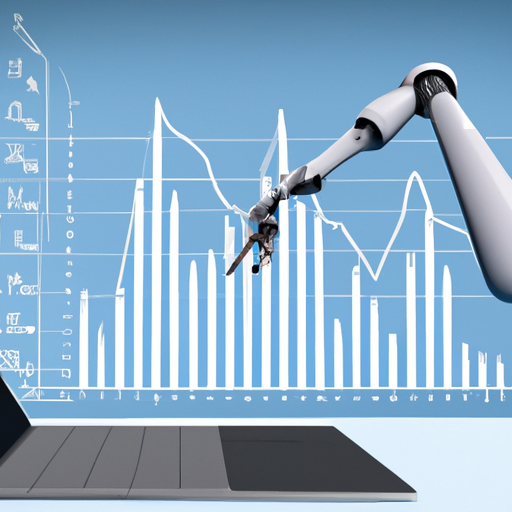Impacts of Automation and Artificial Intelligence on Job Market: Analysis and Strategies
Technology Revolution: Automation and AI
With the relentless advancement of technology, there's no denying that automation and artificial intelligence (AI) are markedly revolutionizing various sectors. From healthcare to manufacturing and everything in between, these emerging technologies are bringing about substantial change. They are redefining traditional job roles and altering the landscape of the job market.
Positive Impacts on the Job Market
Increased Efficiency and Productivity
The implementation of automation and AI significantly enhance efficiency and productivity. Tasks traditionally performed manually, which took considerable time and effort, can now be accomplished in a fraction of the time with minimal error. This remarkable increase in productivity allows businesses to achieve more in less time, enhancing their competitiveness.
Creation of Tech-related Jobs
Amid the fears of job loss due to automation, it's crucial to acknowledge that these new technologies are also creating jobs - specifically in the tech sector. For instance, there's growing demand for experts in AI, machine learning, robotics, data science, among others. Despite the job displacement in some sectors, jobs are being created elsewhere.
Shift in Skill Requirements
As the job market morphs to accommodate these technological advancements, there's a noticeable shift in skill requirements. Proficiencies in areas such as problem-solving, complex decision-making, data interpretation, and digital skills are becoming increasingly invaluable.
Concerns over Job Displacement and Income Inequality
However, this accelerated pace of technology adoption comes with its exclusive set of challenges. The major concern revolves around automation replacing traditional jobs leading to job displacement. Machine-dominated industries are witnessing a significant reduction in human labor, leading to job losses.
Rising income inequality is another concerning outcome of this digital revolution. As high-tech jobs often demand advanced skills, they tend to offer higher salaries, thus widening the income gap between different segments of society.
Strategizing for a Balanced Future
To address these adverse effects on the job market, it's crucial to strategize effectively. One possible approach is re-skilling and up-skilling. As new roles emerge in the tech-industry, investing in education and training to develop these critical skills can help combat job displacement.
Governments and private sectors can implement policies to mitigate income inequality. This can range from providing equal opportunities in tech-related education to tax policies favoring economic balance.
Lastly, developing a regulatory framework for AI and automation can also help protect workers' rights while maintaining efficiency and productivity in industries.
In conclusion, while automation and AI are reshaping the job market, with strategic planning and effective measures, we can ensure a balanced, fair, and inclusive future job market.
















Comments
Leave a Comment